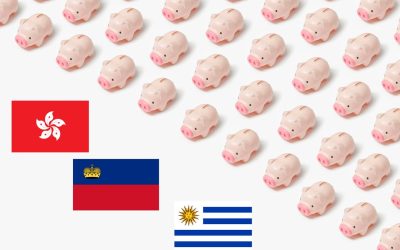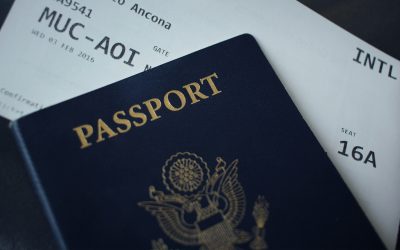In recent years Portugal has been considered a safe haven for several expats and foreign investors, who in turn have contributed on a large scale to the improvement of the Portuguese economy, by investing in the real estate sector, sometimes simultaneously associated with the tourism sector, namely in local accommodation (short terms tourist rentals, known in Portugal as alojamento local), or because many wish to relocate their life and busines activity, permanently, to the country.
Several programs were launched to attract these investors and expats, including programs with attractive tax benefits such as the Non-Habitual Resident (NHR) regime, or the “Golden Visa“, a residence by investment program of which most of the investments were made through the acquisition of real estate property.
In recent years, these programs have led to an exponential increase of real estate acquisition, especially in large urban and tourist areas, which has also contributed emphatically to the growth of the tourism sector, since a large percentage of real estate acquisition has been allocated to local accommodation.
Despite the crisis arising from the pandemic outbreak of Covid-19, the “Golden Visa” maintains a good level of adherence and demand by investors. In May of this year, there was a new increase in the value of real estate investment, a total of 137 million euros, the highest monthly investment value since March 2017.
Despite the message of confidence passed on by investors during the crisis, the global pandemic has exacerbated some socio-economic effects that were already worrying the Portuguese government, especially housing in large urban areas.
The strong demand for profitable properties, under the “Golden Visa” program, coupled with the growth of tourism activity in Portugal, and consequently the growing investment in local accommodation, has aggravated the price of housing rentals, especially in the large urban centers where the majority of real estate investment is made, and where the highest percentages of local accommodation.
On June 6, 2020, Resolution of the Council of Ministers No 41/2020 was published, approving the Economic and Social Stabilization Program, which contains measures for the conversion of local accommodation.
There is great uncertainty as to the direction of the tourism sector, how and when it will rise and how the sustainability of housing prices and rentals will be in these times of pandemic. Tourism has held back its breath, and those who have invested in local accommodation may need an oxygen balloon in the short-term.
In view of the urgency of responding to the middle-income population in obtaining affordable housing leases and the fact that the tourism sector, in particular local accommodation, is experiencing major difficulties due to restrictions on international travel, the measure of reconversion of local accommodation could be a response in order to combat both problems.
The measure itself is implemented through the Portuguese government’s support to municipal rental and sub-rental programs for more affordable rents. In these programs public entities pay 50% of the difference between the rental income paid and the rental income received, which will certainly give increased security to the landlord, because 50% of the income is guaranteed by public entities.
To the above benefit there is also an important advantage concerning personal income tax and corporate income tax exemption, on rental income resulting from the lease or sub-lease, as stipulated by Article 20 of Decree-Law No. 68/2019.
This option concerning the conversion of local accommodation into long term rentals may be even more appealing, considering the amendment to Article 3(9) of the Personal Income Tax Code, carried out by the 2020 State Budget. Such change foresees that the local accommodation does not generate a capital gain when the property is transferred back to the owner’s estate, if said property is immediately assigned to generated long term rental income.
With this measure, a potential solution remains open for investors who have earmarked their real estate investments for local accommodation, and who now want to secure a source of income, which although not as attractive as that obtained in many cases through local accommodation, is in the current scenario of economic crisis, a more sustainable and stable source of income.
auctor Pedro Marrana
MCS and its team has more than 20 years of experience in assisting corporate and private clients wishing to relocate to Madeira. For more information on our services please do no not hesitate to contact us.

Miguel Pinto-Correia holds a Master Degree in International Economics and European Studies from ISEG – Lisbon School of Economics & Management and a Bachelor Degree in Economics from Nova School of Business and Economics. He is a permanent member of the Order of the Economists (Ordem dos Economistas)… Read more




